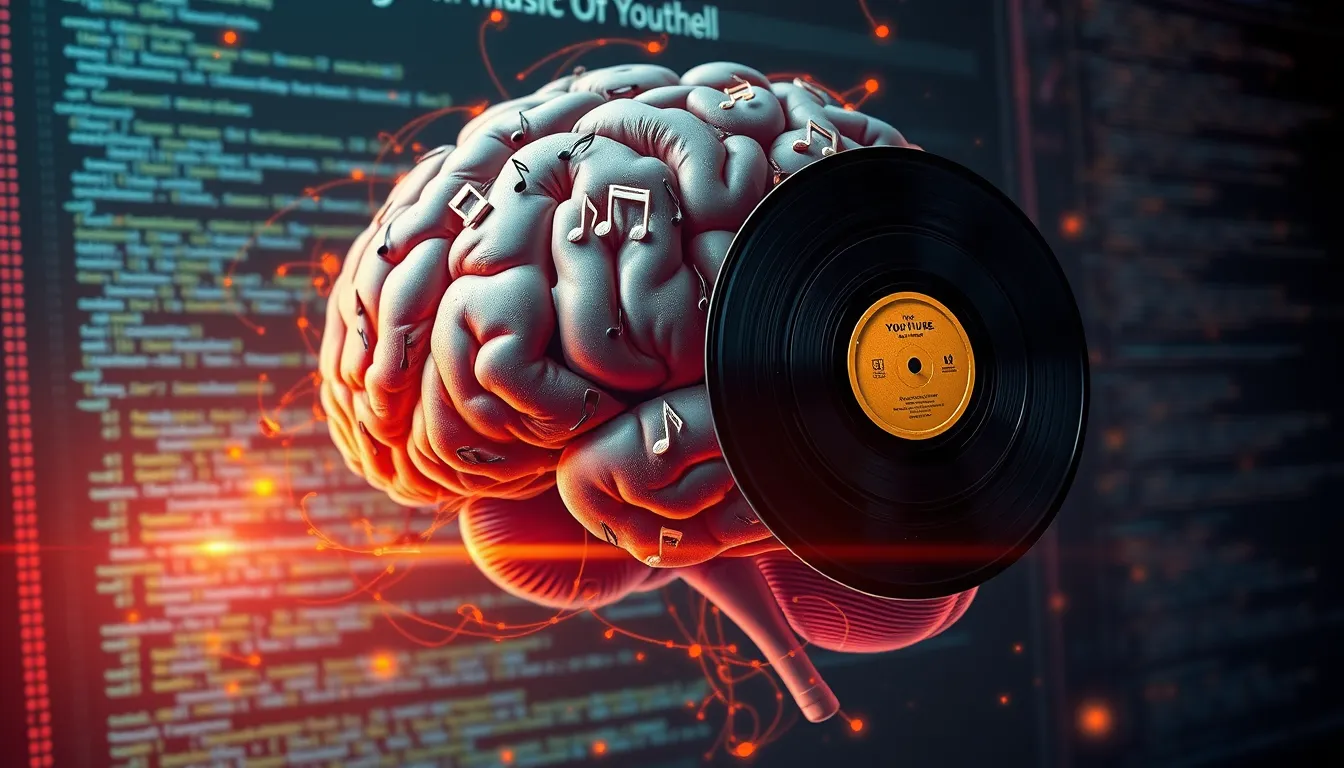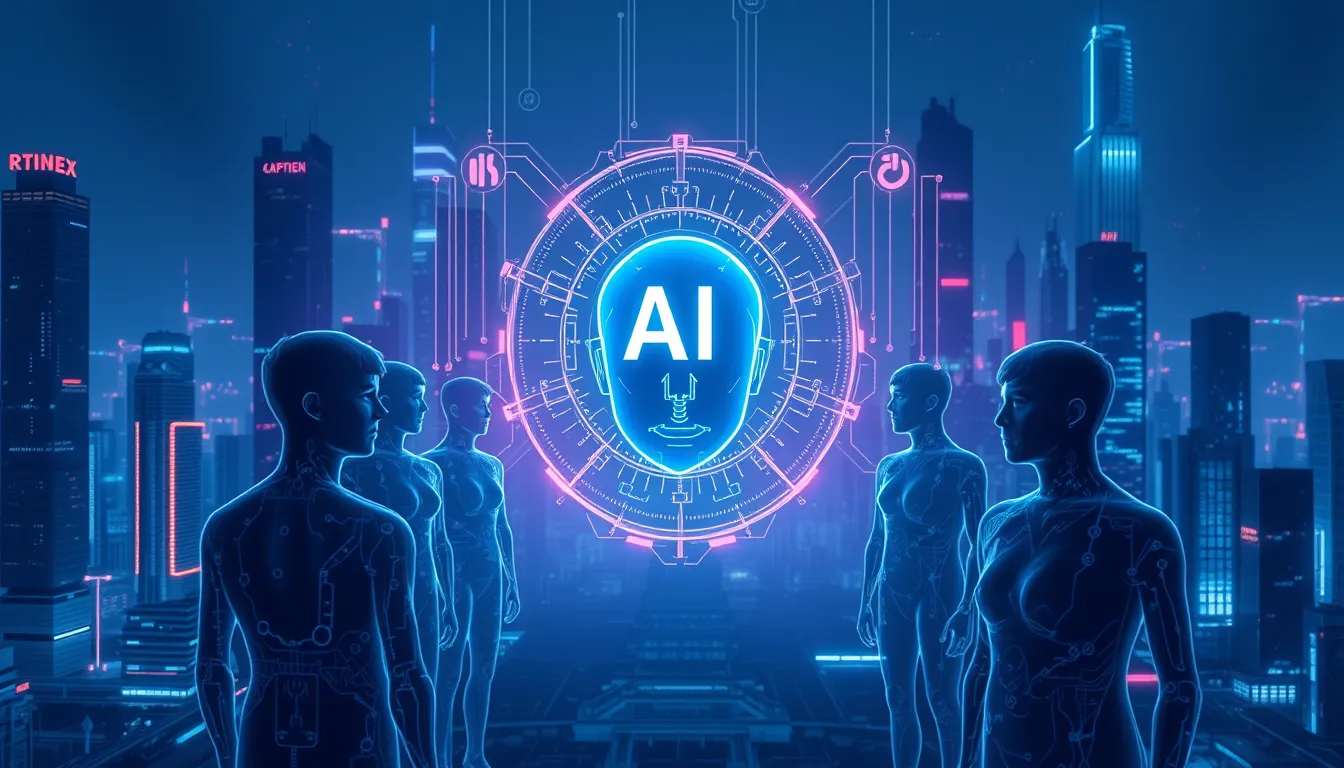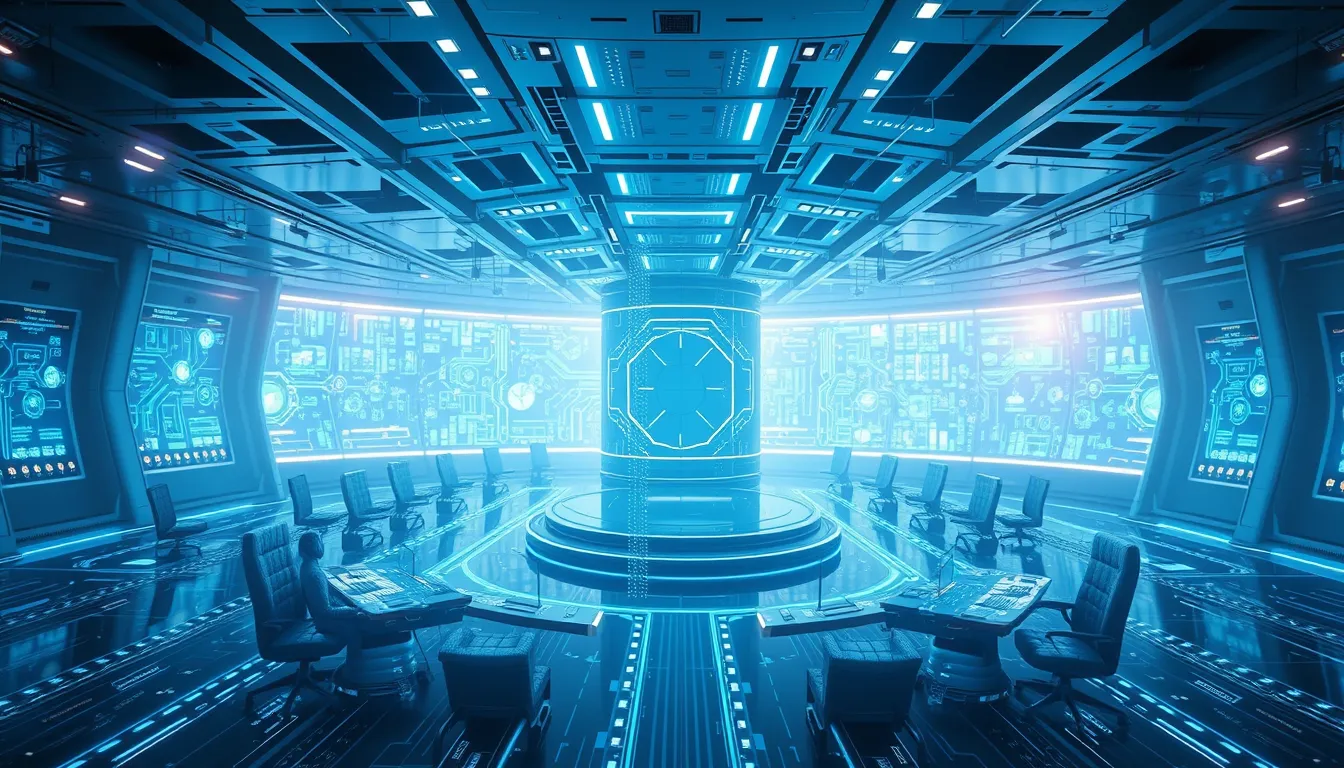Now Reading: AI Music Generator: Legal Battle & Record Labels Dispute
-
01
AI Music Generator: Legal Battle & Record Labels Dispute
AI Music Generator: Legal Battle & Record Labels Dispute

AI Music Generator: Legal Battle & Record Labels Dispute
Introduction
The rise of artificial intelligence in the music industry has transformed how music is created and consumed. One of the most debated topics today centers on the AI music generator, especially in light of the ongoing Suno lawsuit. This case, which involves serious allegations of copyright infringement, has set the stage for a broader discussion on legal implications. Here, we dive into the controversy that has significantly impacted the music industry and raised questions about the use of AI in creative processes.
Background and Context
Record labels have long guarded the rights of artists and intellectual property. Recently, major industry players have been embroiled in a heated legal dispute with Suno, an AI music generator accused of illegally scraping and repurposing songs from platforms such as YouTube. The lawsuit alleges that Suno’s algorithmic process accesses, extracts, and transforms copyrighted tracks into new compositions without proper authorization. This has not only threatened the financial interests of record companies but has also led to a heated debate on the ethical and legal boundaries of artificial intelligence in music creation.
Record Labels Dispute and Copyright Infringement
At the heart of the controversy is the record labels dispute over unauthorized use of copyrighted content. Record labels claim that by bypassing established licensing agreements, Suno infringes on the rights of creators. The legal accusations center around two main issues:
- The allegation of illegal scraping from YouTube, a process that is deeply intertwined with unauthorized data usage.
- The concern that such practices may devalue the original work of artists and deprive them of rightful royalties.
This case has quickly escalated, drawing in legal experts who warn that a verdict favoring the record labels could have far-reaching consequences, possibly leading to stricter regulations on how AI systems access and use digital content.
Legal Implications of AI Music Generators
A dedicated review of the legal implications of AI music generators reveals several critical points for consideration:
- Copyright and Licensing: If courts rule that AI systems must secure licenses for any source material they utilize, companies like Suno could be forced to rethink and drastically alter their operational models. This ruling could set a legal precedent that might impact other platforms employing similar technologies.
- Data Sourcing and Ethical Use: The case brings forward the question of whether it is ethical to harvest massive amounts of data from open platforms without explicit permission. With technological advances in AI, the line between inspiration and infringement has become increasingly blurred.
- Industry Standards: A victory for record labels might lead to industry-wide changes, compelling all players in the AI space to revise their data sourcing practices. This could ensure a balanced ecosystem that protects both innovation and the rights of content creators.
Industry Perspectives on AI and Intellectual Property
The ongoing legal battle provides a unique window into the future of AI in creative fields. Proponents of AI argue that the technology is merely a tool that augments human creativity, enabling new forms of art and musical expression. They believe that, with proper regulation, AI can coexist harmoniously with traditional creative practices. On the other hand, critics emphasize the potential for abuse when technological advancements outpace existing copyright laws. They see the Suno lawsuit as a necessary step towards preserving the integrity of creative work and ensuring that artists are fairly compensated.
Several industry experts have weighed in on the issue:
- Technology Analysts: Many analysts suggest that a balanced approach is needed. They advocate for regulatory measures that allow innovative tech to flourish while protecting intellectual property rights.
- Legal Scholars: Scholars emphasize that the outcome of this lawsuit could mandate a reexamination of copyright laws in the digital era. They argue that as AI continues to evolve, legislation must also adapt to safeguard both creators and consumers.
- Industry Insiders: Insiders within the music and tech industries are closely monitoring the case. They predict that a ruling in favor of record labels could lead to a surge in legal challenges against similar AI platforms, ultimately reshaping the digital content landscape.
The Future of AI in Music
Looking forward, the resolution of the Suno lawsuit is expected to influence not only the legal frameworks governing AI but also the overall evolution of the music industry. As debates over copyright and licensing continue, stakeholders are encouraged to engage in informed discussions about the ethical use of AI in art. This case also underscores the importance of transparency and regulatory oversight as artificial intelligence becomes an ever more integral part of creative production.
Conclusion
The legal battle surrounding the AI music generator has put a spotlight on the deep-seated tensions between innovation and regulation. As the Suno lawsuit progresses, the implications for the music industry are profound. Record labels dispute not only highlights the challenges of ensuring fair compensation for artists but also beckons a larger conversation about how technology should be regulated in the modern age. With potential reforms looming on the horizon, the outcome of this case may very well shape the future dynamics of digital content creation, setting precedents that balance technological progress with intellectual property rights.
In summary, while the controversy continues, it serves as a critical crossroads for policy makers, industry advocates, and technology enthusiasts. All eyes remain on the courtroom, where the final verdict will provide clearer guidance on how AI can be integrated into the creative process responsibly and ethically for years to come.

























